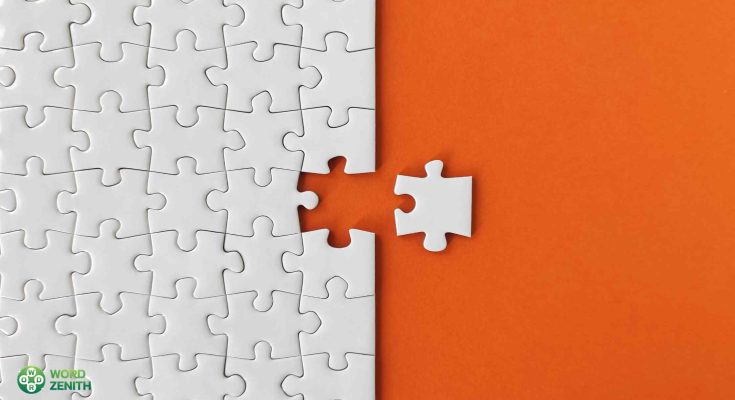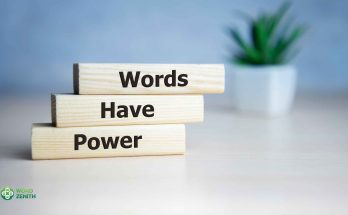Puzzle solving has been a favorite pastime for many, engaging the mind in hours of fun. But the benefits don’t stop there. Research has shown that puzzle-solving can improve brain health and cognitive function. In this article, we will be looking at how puzzles work in our brains to keep us healthy and prevent any decline.
Neuroplasticity: A Brain’s Ability to Change
The brain is amazing—it adapts itself to new stimuli and experiences all the time. Neuroplasticity allows your brain to do that, and because of that, puzzle solving has beneficial effects on brain health. When doing puzzles, you expose your brain to new challenges that require the strengthening of current neural connections.
Synaptic Plasticity: The Gift That Keeps On Giving
When looking at it from a cellular level, puzzle solving promotes synaptic plasticity; a neccessary process for puzzle-solving. Synaptic plasticity is when synapses (the junctions between neurons) modify their own strength depending on activity. Engaging your mind with mentally challenging exercises like puzzles triggers the release of neurotransmitters such as dopamine and norepinephrine which affect synaptic plasticity positively; by enhancing communication between neurons, formation of new neural pathways can occur as well as maintenance on existing ones.
Cognitive Benefits Of Puzzle Solving
Solving problems better
One of the primary cognitive benefits is an increase in problem-solving skills when doing puzzles. Often times they present complex questions that need logical thinking or pattern recognition etc.. As individuals exercise their minds doing these activities they also exercise these associated neural networks involved in problem-solving processes which strengthen them over time leading to improved performance even outside puzzles.
Boosting Memory & Attention
Another benefit is improved memory, with attention being easier to maintain during concentration-heavy tasks such as crosswords or memory games. Engaging in these activities regularly can help improve working memory, which is the brain’s capacity to store and manipulate information temporarily. Additionally, the concentration required to solve puzzles can enhance attentional control, allowing individuals to better regulate their focus and resist distractions.
Better Thinking
Cognitive flexibility is an important trait which puzzle solving can be a catalyst for as it requires individuals to approach problems from different angles, consider alternative solutions, and switch between strategies when needed. This mental flexibility is crucial for navigating the complexities of daily life and can be enhanced through regular engagement in puzzle-solving activities.
Brain Health & Aging
Cognitive Function
As we get older, the natural changes in our brain can cause a decrease in its functioning. But there are ways to help it stay sharp for longer. One way is through activities that stimulate the mind, and puzzle-solving has proven to be very effective at this and might even delay age-related cognitive decline from setting in. Some researchers have even found that people who solve puzzles regularly perform better cognitively than those who don’t.
Reducing the risk of cognitive impairment
This fun activity also does more than just keep your mind running smoothly, though. It could lower your chances of experiencing cognitive impairment and dementia as well. In fact, there’s evidence suggesting that those who often participate in mentally stimulating activities throughout their lives may be less likely to develop Alzheimer’s disease or other forms of dementia later on. Note that solving puzzles alone won’t protect you from these diseases — but it could be part of a combination strategy to improve brain health and reduce risk factors.
Enhancing brain reserve and resilience
In scientific terms, “brain reserve” refers to how well the brain can withstand changes related to aging and disease without experiencing significant cognitive decline. The more new neural connections you make (or old ones you strengthen), the higher your brain reserve will be. And since solving puzzles promotes both, it follows that they enhance brain resilience too — meaning they enable your brain to work around potential damage from aging processes and remain functional.
How to incorporate puzzle-solving into everyday life
Choosing the right puzzles
Solving puzzles intellectually stimulates the mind — but only if they’re challenging enough. If a puzzle is too easy, your mind won’t receive all the exercise it needs; if it’s too difficult, frustration might set in before you’ve had any gains at all. So pick one that falls within a sweet spot: challenging but doable for you personally.
Variety and consistency
Different puzzles target different aspects of cognition — so switching things up will prevent certain parts of your brain from becoming neglected. Combining crosswords with Sudoku, jigsaw puzzles or logic problems can be a fun mix that gives you a well-rounded mental workout. And don’t forget to do them regularly! Even if it’s only for short periods of time, solving puzzles daily is the best way to maintain cognitive function and promote brain health as you grow older.
Social and collaborative puzzle-solving
While puzzle-solving is mainly an individual activity, doing it with others can provide some unexpected benefits. Interacting with others has positive effects on cognition and overall well-being — so joining groups or solving puzzles with loved ones could help make your mind even sharper.
Read More: Word Games: An Enjoyable Avenue Towards Delaying Cognitive Decline?
Summary
The way puzzle solving and brain health work together is pretty wild. Mental stimulation and cognitive function connect in such an interesting way. Through puzzles, our brains develop various cognitive skills, neuroplasticity, and synaptic plasticity. These are what keep our minds going as we get older.
By doing a simple crossword or sudoku, you can prevent cognitive decline and improve your brain’s overall health. If you make puzzle solving a regular aspect of your life, you won’t be disappointed by the results. Engaging with these kinds of activities on a day-to-day basis can make all the difference in keeping your mind sharp for years to come. That’s why it’s important to support further research in this field so that we might better understand how our brains work!




